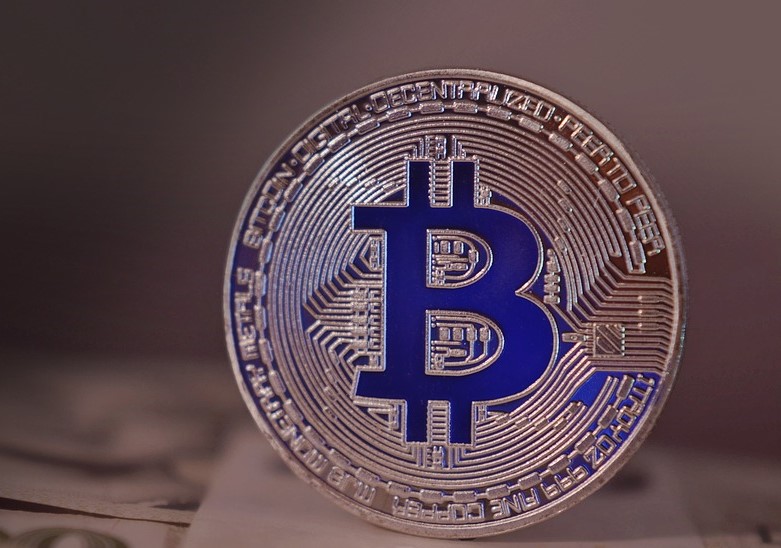Less than two months after testing extending tweets’ maximum length to 280 characters, Twitter is enabling the new length for all users on Tuesday. The new maximum will apply to tweets in all languages except Chinese, Japanese and Korean, in which space is less of an issue. The company said 140 characters don’t give users enough space for folks to express themselves. In a blog post, Twitter shared some of its product research regarding the 140-character limit. “In languages like Japanese, Korean, and Chinese you can convey about double the amount of information in one character as you can in many other languages, like English, Spanish, Portuguese, or French. … We see that a small percent of Tweets sent in Japanese have 140 characters (only 0.4%). But in English, a much higher percentage of Tweets have 140 characters (9%). … Our research shows us that the character limit is a major cause of frustration for people Tweeting in English, but it is not for those Tweeting in Japanese.” The company said it spent time collecting data and feedback from its test group before making the change. With the change, Twitter has seen that people run into fewer instances when they are forced to edit their tweets for length. Under the 140-character limit, 9 percent of English-written tweets hit the cap. However, under the 280-character limit, that number dropped to 1 percent, according to Twitter. References Peterson, T. (2017, November 7). Twitter officially enables 280-character limit for all accounts, including brands. Retrieved […]




